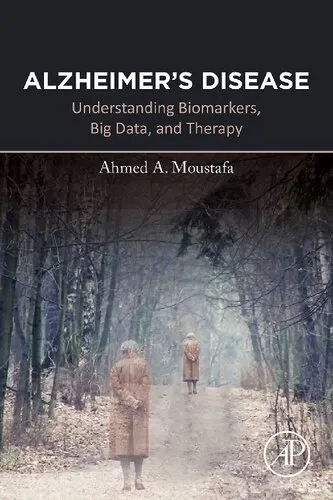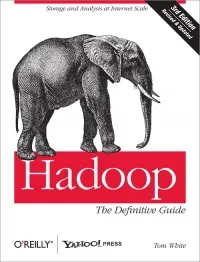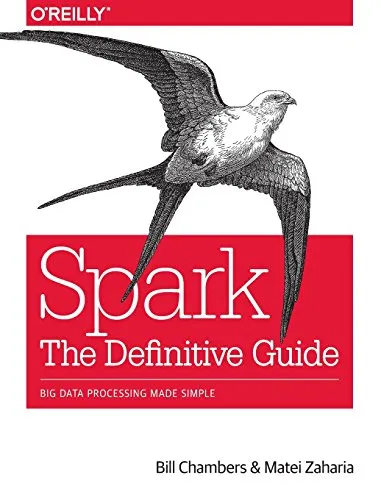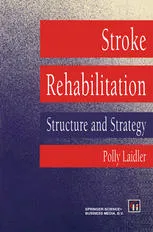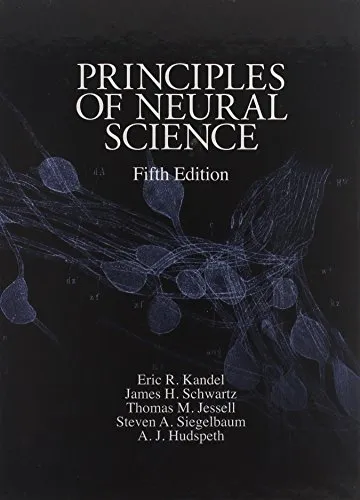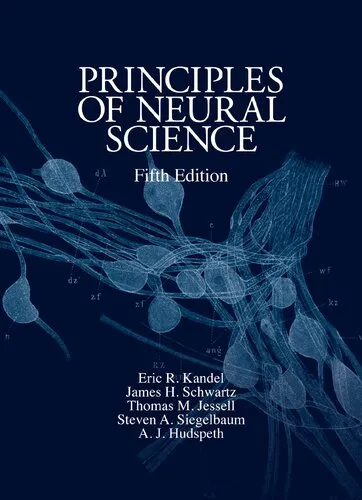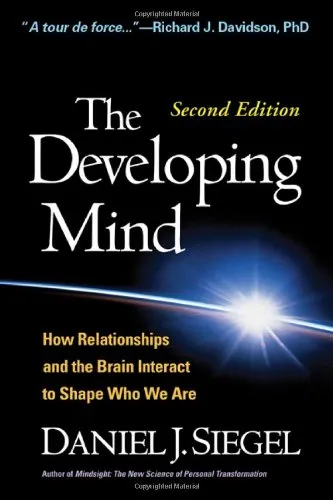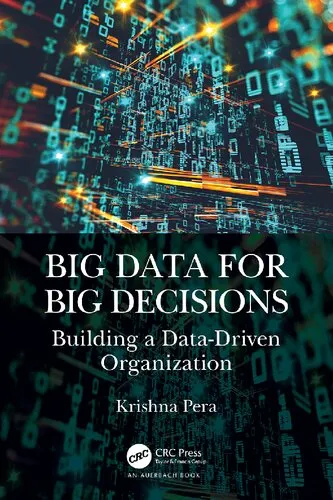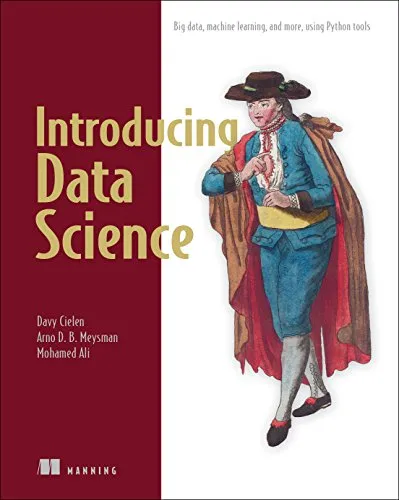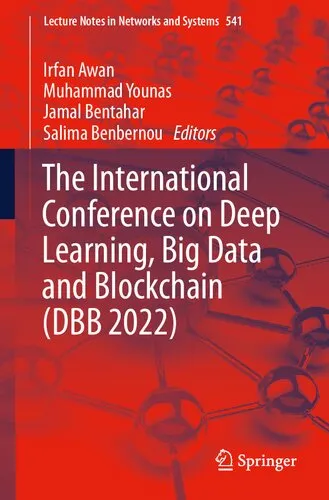Introduction
Alzheimer's disease is one of the most pressing healthcare challenges of our time, affecting millions worldwide and placing an ever-escalating burden on families, caregivers, and healthcare systems. With medical science continuously advancing, our understanding of the biological mechanisms underlying this devastating neurodegenerative disease has grown significantly. However, a cure remains elusive. This book, Alzheimer's Disease: Understanding Biomarkers, Big Data, and Therapy, serves as a comprehensive guide to exploring the latest developments in Alzheimer’s research, presenting solutions and insights that could pave the way towards more effective prevention, diagnosis, and treatment strategies.
This introductory volume provides an accessible yet nuanced discussion on Alzheimer’s disease, focusing on key areas such as biomarkers, big data analytics, and current and emerging therapeutic approaches. Each chapter is meticulously structured to explain complex scientific concepts while making them relatable to a diverse audience, from students and healthcare professionals to caregivers and policymakers. The book also emphasizes the transformative role of technology, particularly the integration of large-scale datasets and machine learning applications, in reshaping the landscape of Alzheimer's research and therapy.
A Detailed Summary of the Book
This book is divided into three key thematic areas: biomarkers, big data, and therapy.
The first section focuses on biomarkers, emphasizing their pivotal role in early Alzheimer’s diagnosis, disease monitoring, and progression mapping. You will explore how molecular, imaging, and genetic biomarkers provide insights into critical pathological features such as amyloid plaques, tau tangles, and neuroinflammation. Chapters here also delve into the challenges of biomarker validation and how they can be refined for greater diagnostic precision.
The second section dives into the world of big data analytics. It discusses how the explosion of health data from electronic health records, wearable devices, and population studies is being synthesized using artificial intelligence to enhance Alzheimer’s research. Machine learning techniques, predictive modeling, and biostatistics are key elements explored in this section, showing readers how these tools are enabling better disease risk prediction and personalized treatment discoveries.
The final section on therapy explores the vast array of therapeutic interventions being developed to combat Alzheimer’s. From pharmacological treatments targeting amyloid-beta accumulation to cutting-edge immunotherapies and lifestyle modifications, this section covers it all. Ethical considerations, accessibility issues, and the potential of future gene-editing therapies are also discussed to give readers a holistic view.
Famous Quotes from the Book
"Biomarkers are not just tools for diagnosing Alzheimer’s—they are windows into understanding the intricate biology of neurodegeneration."
"Big data and artificial intelligence are not merely technological buzzwords—they are keystones for implementing advanced, precision-based therapies for Alzheimer’s."
Why This Book Matters
Alzheimer’s disease is more than a medical condition; it is a global challenge that touches every facet of society, from health economics to elder care. This book seeks to address not only the scientific underpinnings of the disease but also its broader societal implications.
Unlike many other works on Alzheimer’s, this book goes beyond presenting conventional wisdom. It examines pioneering technologies, ethical considerations, and emerging global trends, making it a valuable resource for anyone looking to stay at the forefront of Alzheimer's research. Whether you're a student preparing for a career in healthcare, a caregiver seeking clarity, or a policymaker crafting strategies to aid the aging population, Alzheimer's Disease: Understanding Biomarkers, Big Data, and Therapy illuminates the road ahead. It ultimately serves as a call to action for tackling this devastating condition through innovation, collaboration, and compassion.
